 Today, Courtney Koschel is stopping by for a “How I Write” feature! Thanks so much to Courtney for answering my questions. I love Courtney’s list of resources!
Today, Courtney Koschel is stopping by for a “How I Write” feature! Thanks so much to Courtney for answering my questions. I love Courtney’s list of resources!
About the writer: Courtney Koschel has been writing since she could hold a crayon. Her love for all things writing followed her to college where she obtained a B.A. in communications with a focus in print journalism. In the past seven years she has worked as a journalist, an editor, a technical writer, a technical editor, and a freelance editor. Her undying love for YA and MG fiction brought her to Month9Books, a publisher of speculative fiction for teens and tweens, where Courtney is a senior editor.
What resources do you recommend for new writers?
The Writer’s Journey by Christopher Vogler is a tremendously helpful book about storytelling. Vogler takes Joseph Campbell’s The Hero’s Journey and modifies it for writing. This book covers the three-act structure. From The Writer’s Journey: Act One covers: Ordinary World, Call to Adventure, Refusal of the Call, Meeting with the Mentor, and Crossing the First Threshold. Act Two covers: Tests, Allies, Enemies, Approach to the Inmost Cave, Ordeal, and the Reward. Act Three covers: The Road Back, Resurrection, and the Return with the Elixir.
The Fire in Fiction by Donald Maass is probably my favorite craft book (and it’s relatively inexpensive). It’s full of exercises, examples, and information. It’s a quick read, but the knowledge stays with you.
Writing the Breakout Novel by Donald Maass is another fabulous book.
Plot and Structure by James Scott Bell is my second favorite. This book covers how to plot your novel and structure it to tell a great story.
The Oxford Dictionary for Writers and Editors – This book is fabulous. It has whether a word should be hyphenated, two words, one word, the spelling, correct usage, etc. It’s pretty small and easy to carry around. I use this book constantly.
Self-Editing for Fiction Writers by Renni Browne and Dave King – This is another fairly small paperback book. It helps with the craft of writing as well as editing. Your writing will improve and become much stronger if you do the exercises in this book.
The Chicago Manual of Style – Most traditional publishing houses follow the Chicago Manual of Style.
The Elements of Style by William Strunk and E.B. White – This is a really useful, tiny, hardcover book. It’s 105 pages of grammatical goodness.
Where is your favorite place to write?
I’m really productive at home. I love sitting on my couch, laptop in lap, miniature dachshund on one side of me, Siberian husky at my feet, and my husband sitting at his computer desk. Everyone is together, even if we’re doing our own thing. Having my husband close by comes in handy because he’s excellent at helping me plot when I get stuck, and having my animals so close to me always makes everything better. If I need a change of scenery, I’ll go to a coffee shop with comfortable chairs.
What tools do you use to write?
I’m of the mindset that you can never have too many writing tools. I draft in Scrivener, edit in Microsoft Word, back up my manuscripts to Dropbox, and save writing related things to Evernote. There are some really fabulous apps for iPad and Android. Writing Prompts is an amazing app. The app provides visual prompts, scenario prompts, and word prompts, and the app even fetches newspaper headlines so you can write the story. It’s a great app for writing exercises. You can save your favorites and add notes. Did I mention how much I love this app?
For focus and productivity, I use Mac Freedom and Focus Booster. Mac Freedom allows you to block the Internet for a set amount of time to minimize distractions and the many temptations of the web. Focus Booster allows you to set a timer, which I find extremely motivating and helpful. After the time is up, it automatically counts down for five minutes, allowing you a small break, before the timer resets and starts over.
What’s the best piece of advice you’ve received for writing?
As cliché as it may sound, the best piece of advice I’ve received is: “Never give up.”
What are your thoughts on traditional publishing vs. self-publishing?
Like everything, both have their pros and cons. Each writer has to decide what is right for them and their story. The important thing to keep in mind is that no matter what route someone decides to take, both are a ton of work. Research every avenue. If you self-publish, decide if you have the time and money to put into having your manuscript professionally edited, hiring a cover designer, purchasing marketing materials, and hiring a publicist. Then you have to get your name out there and promote your book.
If you want to be traditionally published, you need to decide if you have the time and emotional energy to put into querying and trying to find an agent. Some writers acquire an agent pretty quickly, but it can take a while. Typically, but not always, you’ll query, receive a rejection, some feedback, or an opportunity to revise and resubmit, before landing an agent. After you acquire an agent, they then have to sell your manuscript to a publisher. Once a publisher buys the book, it can take two years before you’ll see your title on a shelf. But, you’ll have an agent to help you navigate the rough waters of publishing and help build your career, a publisher to get your book into the hands of book buyers, and some help (not always the case) with marketing.
I have nothing against self-publishing, and I’ll never say I won’t do it, but right now, my goal is to pursue traditional publishing. I can’t stress enough that this is my own personal goal—what I feel is right for me, not everyone.
More “How I Write” Q&As!
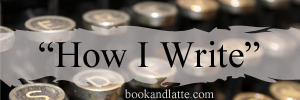

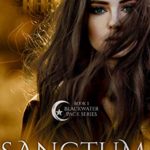

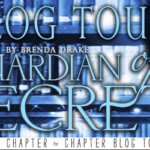
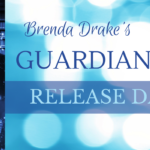

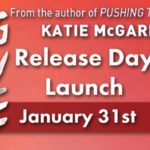
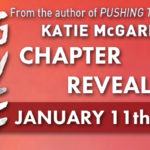
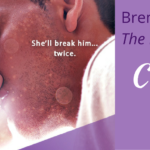
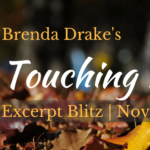
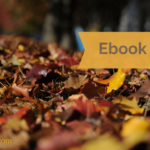
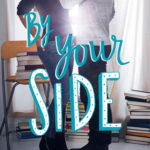
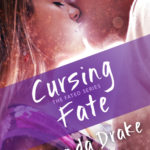


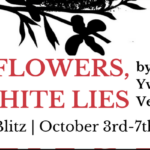
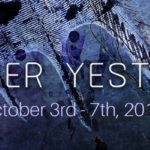
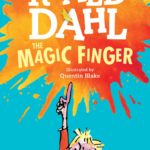
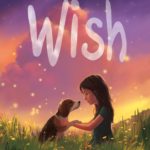
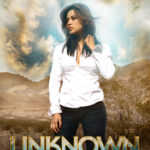

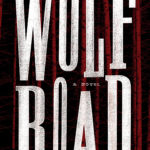

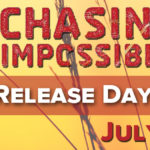
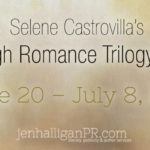
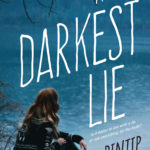
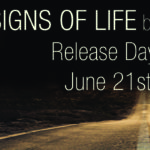

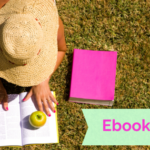

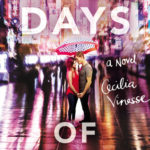













Twitter: fakesteph
says:
I’ve read and loved a few of the books on your list. I’ll have to check out the rest of them!
fakesteph recently posted..Will Grayson, Will Grayson by John Green and David Levithan
[…] Courtney Koschel: How I Write […]
[…] For books, I second Courtney’s list. […]
[…] For books, I second Courtney’s list. […]